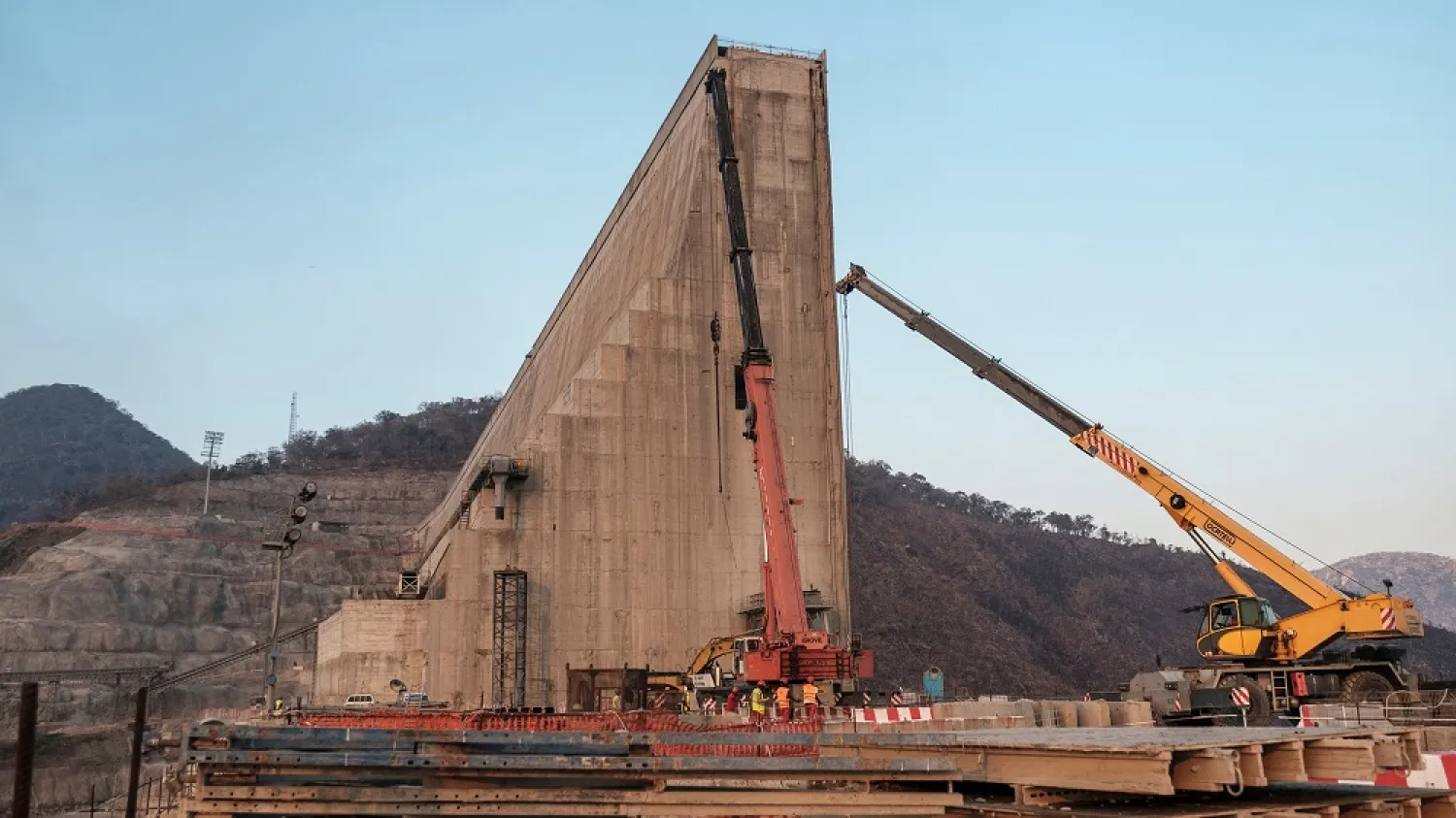Egypt's President Abdul Fattah al-Sisi strongly rebuked Ethiopia on Tuesday, accusing Addis Ababa of stalling negotiations over a mega-dam being built on the Nile and moving ahead with plans to start filling the reservoir before reaching a deal.
"A timeline must be set to finish up negotiations, so it does not turn into a new tactic of stalling and shirking responsibility from the 2015 Declaration of Principles which all three countries agreed to," Sisi's office said in a statement.
The agreement signed between Egypt, Ethiopia and Sudan paved the way for diplomatic talks after Addis Ababa sparked tension when it began construction of the Grand Ethiopian Renaissance Dam on nearly a decade ago.
The strongly-worded statement from Sisi's office said Ethiopia's position was "inconsistent" with its legal obligations and "casts a shadow over the negotiations".
It came the day the three countries resumed talks, after Sudan on Monday coaxed Egypt back to the negotiating table.
But Egypt said Tuesday the invite "comes three weeks too late" as the Ethiopian authorities had already "signaled their intention to move forward with filling the reservoir of the Renaissance Dam without reaching an agreement".
In mid-May, Ethiopian Foreign Minister Gedu Andargachew accused Egypt of being obstructionist and said his country "does not have a legal obligation to seek the approval of Egypt to fill the dam".
Irrigation and water ministers from the three Nile basin countries began meeting via videoconference Tuesday along with three observers from the United States, European Union and South Africa.
Following several failed rounds of negotiations, the United States and the World Bank sponsored talks from November 2019 aimed at reaching a comprehensive agreement.
Both Khartoum and Cairo fear the 145-meter-high dam will threaten essential water supplies once the 74-billion-cubic-meter reservoir starts being filled in July as planned by Addis Ababa.
But while Egypt, which is heavily dependent on the Nile, worries about its share of the water, Sudan hopes the dam could provide much-needed electricity and help regulate flooding.
The 6,600-kilometer-long Nile is a lifeline supplying both water and electricity to the 10 countries it traverses.
Its main tributaries, the White and Blue Niles, converge in the Sudanese capital Khartoum before flowing north through Egypt to drain into the Mediterranean Sea.









